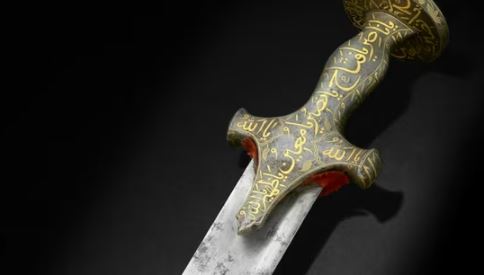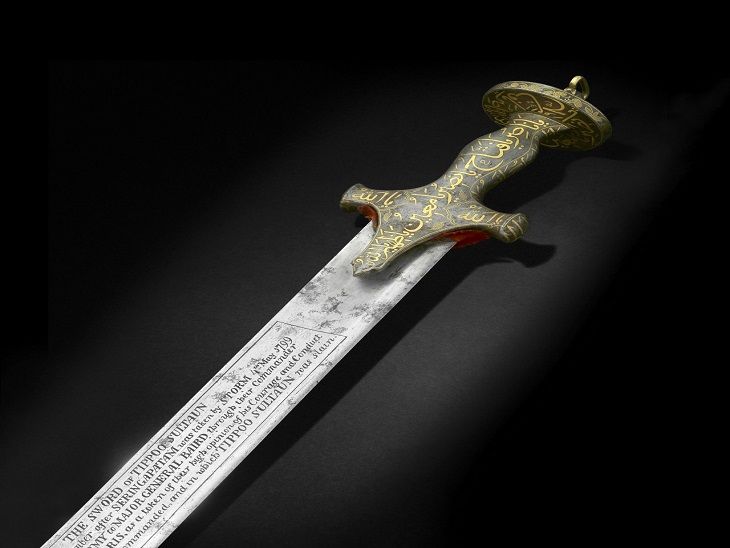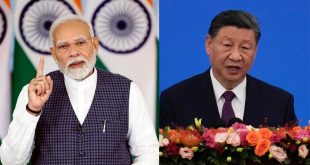[ad_1]

The sword of Tipu Sultan, the ruler of Mysore, has broken all previous auction records. It was auctioned for £14 million at the Islamic and Indian Art Sale. That is, this sword has been auctioned for about Rs 143 crore. Bonhams, which organized the auction, said the sword sold for several times more than expected. Tipu Sultan’s sword has become the most expensive Indian item ever sold, breaking all auction records.

According to the information, this sword was recovered from the private room of the palace. This sword was the favorite weapon of Tipu Sultan. The sword of Tipu Sultan, who ruled from 1782 to 1799, is called ‘Sukhala’ which means a symbol of strength. Excellent carving has been done on the sword of Tipu Sultan. This sword was presented by the East India Company to General David Baird as a token of their high esteem for his courage and conduct in the attack.
Even before this the British had attacked Tipu several times, but Tipu was killed in the attack in 1799. Which is also called ‘Tiger of Mysore’. The sword, one of Tipu’s personal weapons, was auctioned on Tuesday. Auctioneer Oliver White said in his statement that this magnificent sword is the best of all the weapons of Tipu Sultan.

He said that the Sultan had a close personal relationship with it and its exquisite craftsmanship makes it unique. The sword was valued at between GBP 1,500,000 and 2,000,000, but sold for an estimated 14,080,900. Neema Sagarchi, group head of Islamic and Indian art, said the sword has an extraordinary history and exceptional craftsmanship. The head of the group said that two people bid on the phone, while one person in the room bid on the sword. There was fierce competition among the people who came to buy and sell in the auction.
 Suspense Crime Sach Ka Dam
Suspense Crime Sach Ka Dam


